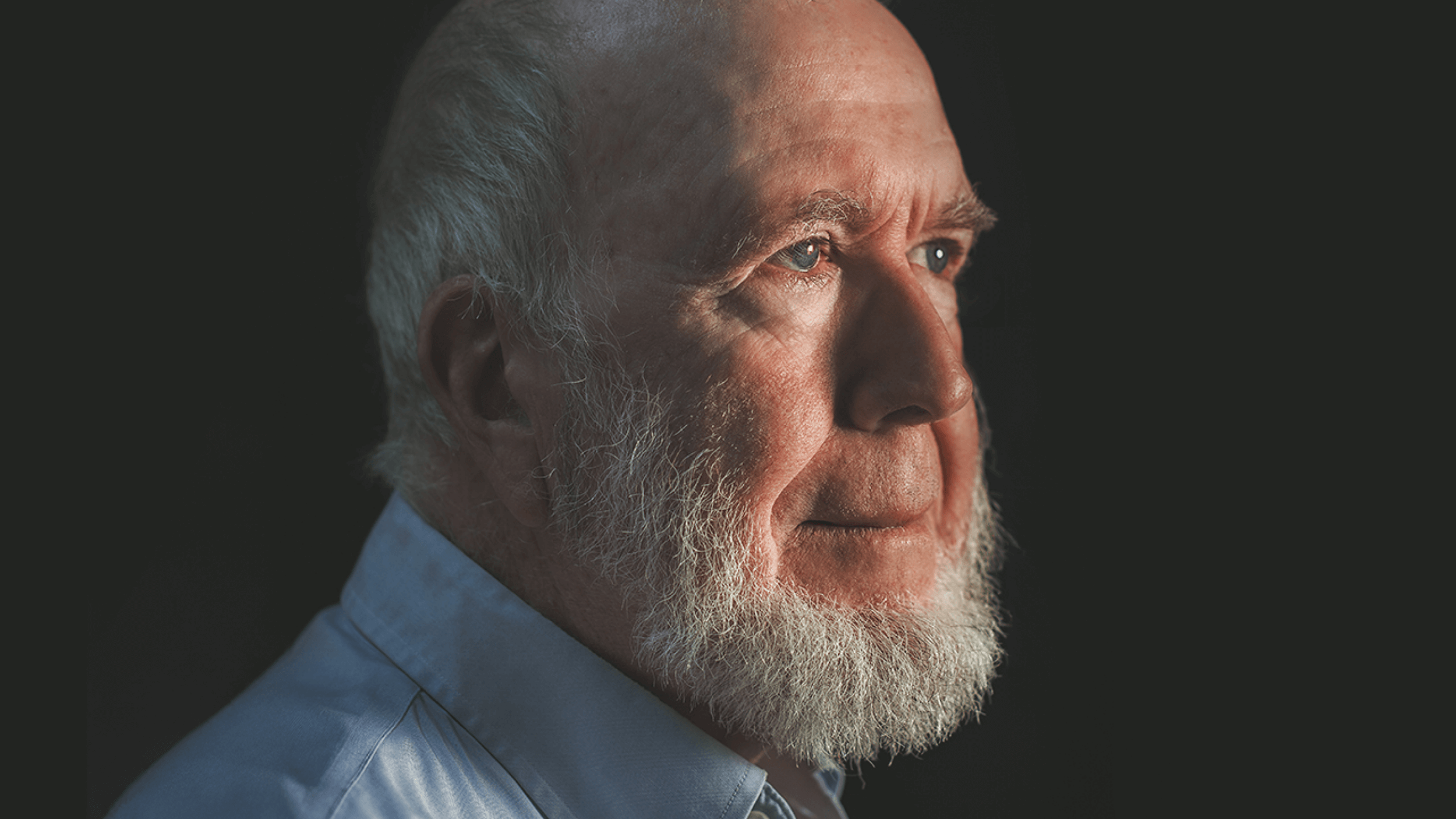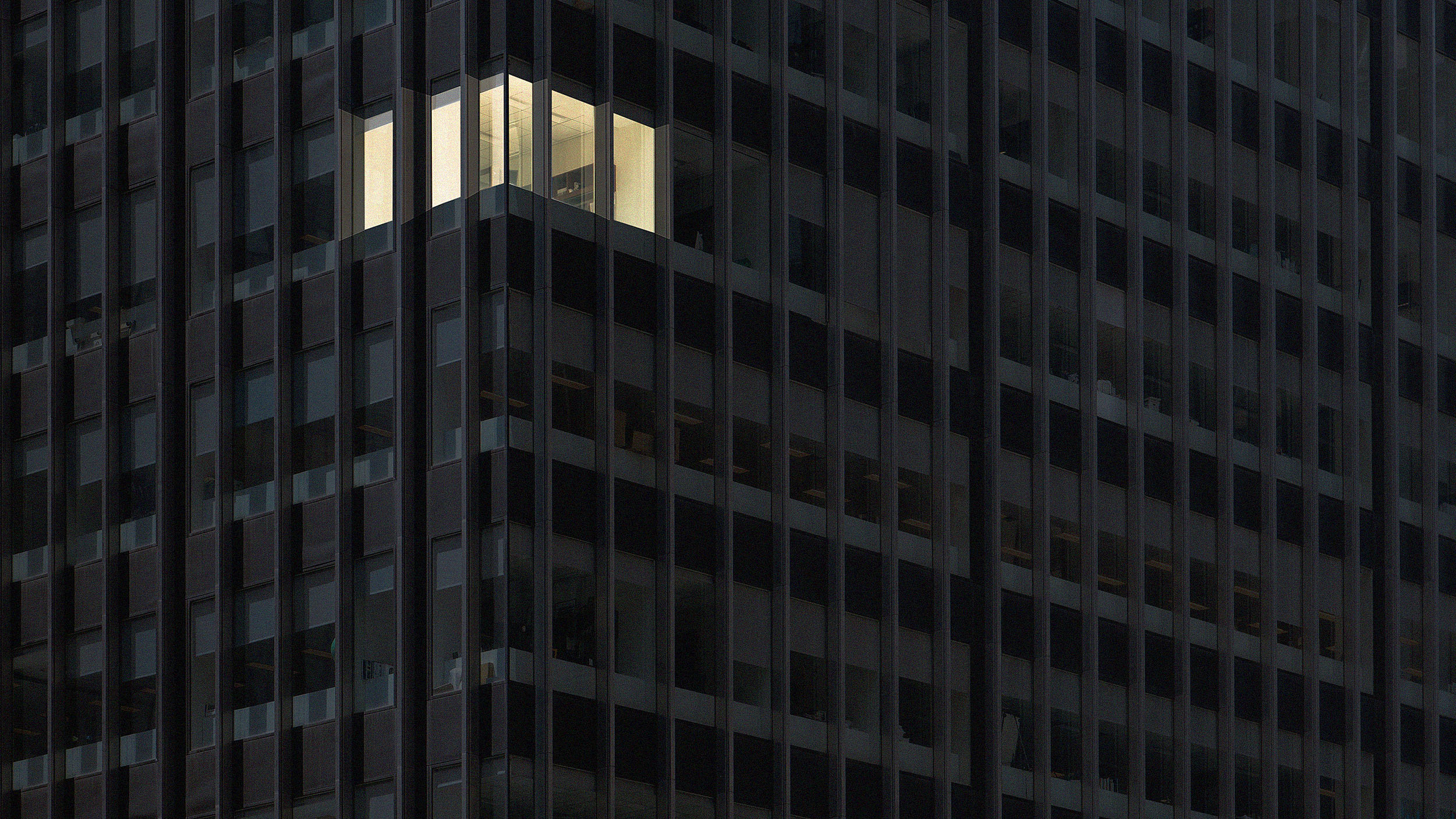5 big predictions for 2021

Photo: olezzo / Adobe Stock
- The “Fauci effect” has helped produce a record number of medical school applications.
- We’ll soon no longer be able to avoid the reality of climate change, prompting more decisive action.
- Work from home trends are likely to continue and, in many cases, become permanent.
That was either the longest or shortest year in history. Most people are happy to say goodbye to 2020, but what does 2021 hold in store? Given how woefully inaccurate we were rolling into 2020, let’s not be too sure of ourselves. That said, a few predictions can’t hurt. Let’s see what we can create.
These five predictions offer big-picture views of potential societal shifts in America. There are many other trends to take note of: Is this the beginning of the end of the movie theater? Are travel subscriptions the future of tourism? Are millennials ready to step up and rule the world? Will antitrust suits finally put a dent in Big Tech? Will we finally have more women leaders in C-level positions? Given the horror of Christmas Day, is a third Wonder Woman really necessary?
Let’s be honest: We don’t know what’s going to happen in January, much less the duration of 2021. We can consciously help shape the five trends below, however. Here’s to a prosperous and progressive New Year.
A deeper appreciation for science
As we’re well aware, the media focuses on the tragic and boisterous far too often, stories that consume the most oxygen and frighten us most. There’s no indication that this will change; fear and uncertainty draw our attention, and attention is its own economy. Nowhere has this been more apparent than in coverage of the pandemic in America, which Brown University researchers showed to be far more pessimistic than in any other nation.
While anti-vaxxers tend to grab headlines and dominate social media, there are signs that Americans appreciate medicine and science more than ever. The “Fauci effect” has resulted in a record number of medical school applications being submitted this year. The intent to get a vaccine is also rising, up to 60 percent this month (one poll claims 73 percent)—nowhere near the 90 percent Dr. Fauci says might be needed to reach herd immunity, but still moving in the right direction.
While many Americans are rightly suspicious of pharmaceutical companies—the rollout of these vaccines require transparency and accountability, as evidenced by problems with the Astra Zeneca trials—the reason a vaccine was created in record time is due to good science. Consumers rarely complain when chip processors speed up their phones, which is how R&D is supposed to work. The same can be said for medicine: Researchers have more tools and knowledge at their disposal than ever. This is cause for cautious celebration, not fear-mongering.
The World in 2021: five stories to watch out for | The Economistwww.youtube.com
A renewed focus on climate change
Speaking of sucking all the oxygen out of the room, the last four years have been dominated by Trump. Coverage of climate change has been cut. That must change. The pandemic is a wake-up call that we’re not as in control of nature as we thought, with one-third of the global population predicted to become climate refugees by 2070.
Climate change continues to ravage the planet even as we pay less attention. We’re not going to have that option much longer, especially as warming temperatures and biodiversity loss contribute to the proliferation of viruses.
Interestingly, the congressional spending bill (currently being held up) includes key provisions to help curb climate change, including funding for carbon capture storage and a drawdown on HFCs. Joe Biden has vowed to make climate change an immediate focus of his administration. He’s staying true to his word by appointing key staff members to senior positions to address the environment on day one.
International businesses and governments are already addressing such issues: The first zero-carbon social housing project is underway in Italy while the Dutch government is replacing 10 percent of asphalt roads with green spaces (more is planned). Here in America, engineers are creating concrete variants out of bacteria in hopes of promoting more sustainable architecture. A marriage between public and private efforts is going to be needed.
Letting go of the unnecessary
As with climate change, consumer spending is down out of necessity more than desire. While online shopping is up since the pandemic began, overall average spending is down in food and beverages, digital entertainment, media and books, fashion, household products, and online education. The travel industry has been hit especially hard.
These trends have created even more outsized economic imbalances, with centibillionaires (people worth more than $100 billion) adding trillions of dollars to their already unimaginable wealth. For most, however, the pandemic has forced people to reconsider their spending habits by focusing only on the necessary. While the initial pain point of such an exercise is emotionally challenging, this is a net positive, especially given the fact that man-made stuff now outweighs natural biomass. Humans can’t continue to produce so many goods without consequences; this spending slowdown is a wake-up call to that fact.

Photo: dottedyeti / Adobe Stock
Remote working is our new reality
The work-from-home (WFH) phenomenon has been expedited thanks to the pandemic. Now that half of the US labor force is accustomed to remote work, it’s going to be difficult to convince many employees of an imminent return to the office.
WFH is not without its challenges. The social aspect of many workplaces is irreplaceable; Zoom just doesn’t cut it. Social comforts aside, WFH is a positive trend in many aspects. Commercial real estate is taking a hit—well, some cities are merely seeing a shift, not an exodus—but benefits include no commute time (which has a positive impact on carbon emissions) and spending more time with your family.
Not every career will allow for WFH. Tech, finance, and media companies will allow continued WFH or at least flex time between home and office. Supply chain companies will have no such luck, at least not on the ground. For many businesses, it’s up to C-level executives, with some believing that communing together in a shared space is essential for the health of the company and others happy to save on office costs. The future of remote work will be decided on a case-by-case basis, but one thing is certain: More companies will choose to try out this model.
Remembering that community matters
In the most fractured time in modern history, will Americans come together? While there’s no clear answer, we can hope.
“Calling in” is one sign that we’re progressing. Instead of the famous (some would say infamous) trend of calling people out, women like Smith college professor Loretta J Ross are helping create a call-in culture. Instead of alienating people, they’re looking to empower them.
This follows up decades of business research by Hungarian-American psychologist Mihaly Csikszentmihalyi, who coined the terms “flow” and “flow states” in 1975. In his 2003 book, Good Business, he points out that managers are more successful in implementing better work habits when inspiring employees, not chastising them for flubbing a duty. Extrapolating from this research, we can apply such a mindset broadly. Shame certainly has a place in society, just not as dominant a one as we currently believe.
This is no easy task in an age governed by quick trigger fingers on social media. That said, perhaps necessity will once again inspire us; many people are tired and frustrated by the constant bickering and call-outs. A time when everyone is called in is unlikely given our tribal nature, but any uptick in attempts of creating genuine community is worthwhile.
—
Stay in touch with Derek on Twitter and Facebook. His new book is “Hero’s Dose: The Case For Psychedelics in Ritual and Therapy.”





